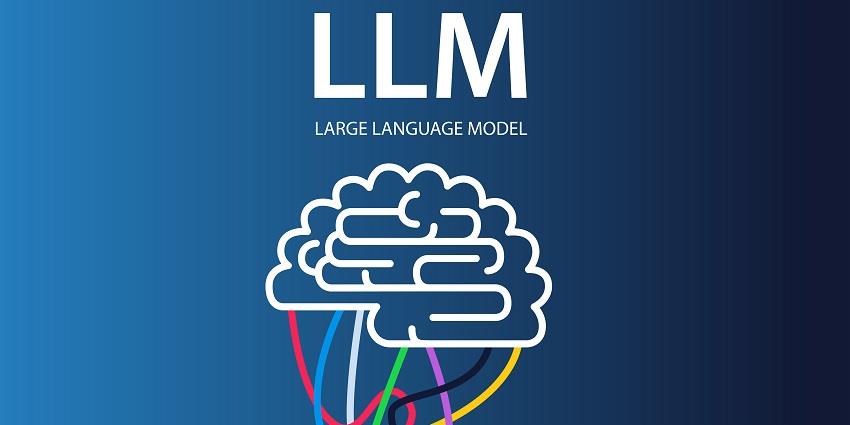
Llms Fail To Deliver Real Intelligence Despite Huge Investment
The trajectory of large language models like GPT and its counterparts has raised numerous questions in recent months. As companies such as OpenAI continue to pour billions into scaling these models, the fundamental issue of their cognitive limitations remains glaring. The hype surrounding LLMs, though widely praised for their fluency and utility, overlooks a critical flaw in their design. These models may perform tasks that mimic intelligent behaviour but do not actually possess the ability to think, reason, or understand.
A growing chorus of AI researchers and experts argues that no amount of funding, data, or compute power will transform LLMs into entities capable of genuine intelligence. Despite ambitious plans from companies like OpenAI to expand the infrastructure behind LLMs to an unimaginable scale, their current model architecture continues to hit the same cognitive wall. At the core of this issue is the realization that LLMs are fundamentally engineered to mimic intelligence rather than to achieve it.
OpenAI's recent announcements have been staggering. The company has unveiled plans to deploy up to 100 million GPUs-an infrastructure investment that could exceed $3 trillion. These resources would be used to enhance the size and speed of existing LLMs. Such efforts would consume enormous amounts of energy, rivaling that of entire countries, and generate vast quantities of emissions. The scale of the operation is unprecedented, but so too is the question: What exactly will this achieve? Will adding more tokens to a slightly bigger and faster model finally lead to true intelligence?
The simple answer appears to be no. LLMs are not designed to possess cognition. They are designed to predict, autocomplete, summarise, and assist with routine tasks-but these are functions of performance, not understanding. The biggest misconception in AI development today is the conflation of fluency with intelligence. Proponents of scaling continue to tout that more data, more models, and more compute will unlock something that is fundamentally elusive. But as the limitations of LLMs become increasingly apparent, the vision of artificial general intelligence using current methodologies seems like a pipe dream.
See also Microsoft Unveils AI Diagnostician Surpassing Human CliniciansThe reality of AI's current state is jarring: a vast, burning of resources with little to show for it. Companies like Meta, xAI, and DeepMind are all investing heavily in LLMs, creating an illusion of progress by pushing for bigger and more powerful systems. However, these innovations are essentially“performance theatre,” with much of the energy and resources funnelled into creating benchmarks and achieving superficial gains in fluency rather than advancing the underlying technology. This raises important questions: Why is there so little accountability for the environmental impact of such projects? Where is the true innovation in cognitive science?
LLMs, despite their capacity to accomplish specific tasks effectively, are essentially still limited by their design. The push to scale them further, under the assumption that doing so will lead to breakthroughs in artificial intelligence, ignores the inherent problems that cannot be solved with brute force alone. The architecture behind LLMs-based on pattern recognition and statistical correlation-simply cannot generate the complex, dynamic processes involved in real cognition.
Experts argue that the AI community must acknowledge these limitations and pivot toward new approaches. The vast majority of AI researchers now agree that a shift in paradigm is necessary. LLMs, no matter how large or finely tuned, cannot produce the kind of intelligence required to understand, reason, or adapt in a human-like way. To move forward, a radically different model must be developed-one that incorporates cognitive architecture and a deeper understanding of how real intelligence functions.
The current momentum in AI, driven by large companies and investors, seems to be propelled by a desire for immediate results and visible performance metrics. But it's crucial to remember that speed means little if it's headed in the wrong direction. Without a rethinking of the very foundations of AI research, the race to scale LLMs will continue to miss the mark. In fact, there's a real risk that the over-emphasis on the scalability of these models could stifle the kind of breakthroughs needed to move the field forward.
See also Best Frameworks for Food Delivery App Development in Dubai Notice an issue? Arabian Post strives to deliver the most accurate and reliable information to its readers. If you believe you have identified an error or inconsistency in this article, please don't hesitate to contact our editorial team at editor[at]thearabianpost[dot]com . We are committed to promptly addressing any concerns and ensuring the highest level of journalistic integrity. Legal Disclaimer:
MENAFN provides the
information “as is” without warranty of any kind. We do not accept
any responsibility or liability for the accuracy, content, images,
videos, licenses, completeness, legality, or reliability of the information
contained in this article. If you have any complaints or copyright
issues related to this article, kindly contact the provider above.

















Comments
No comment